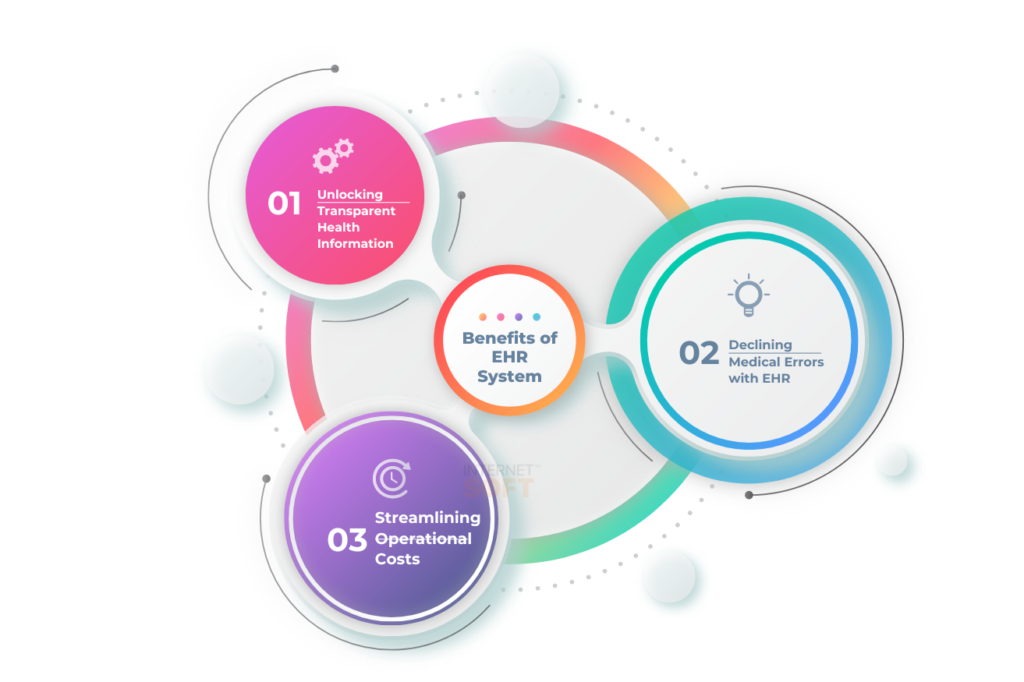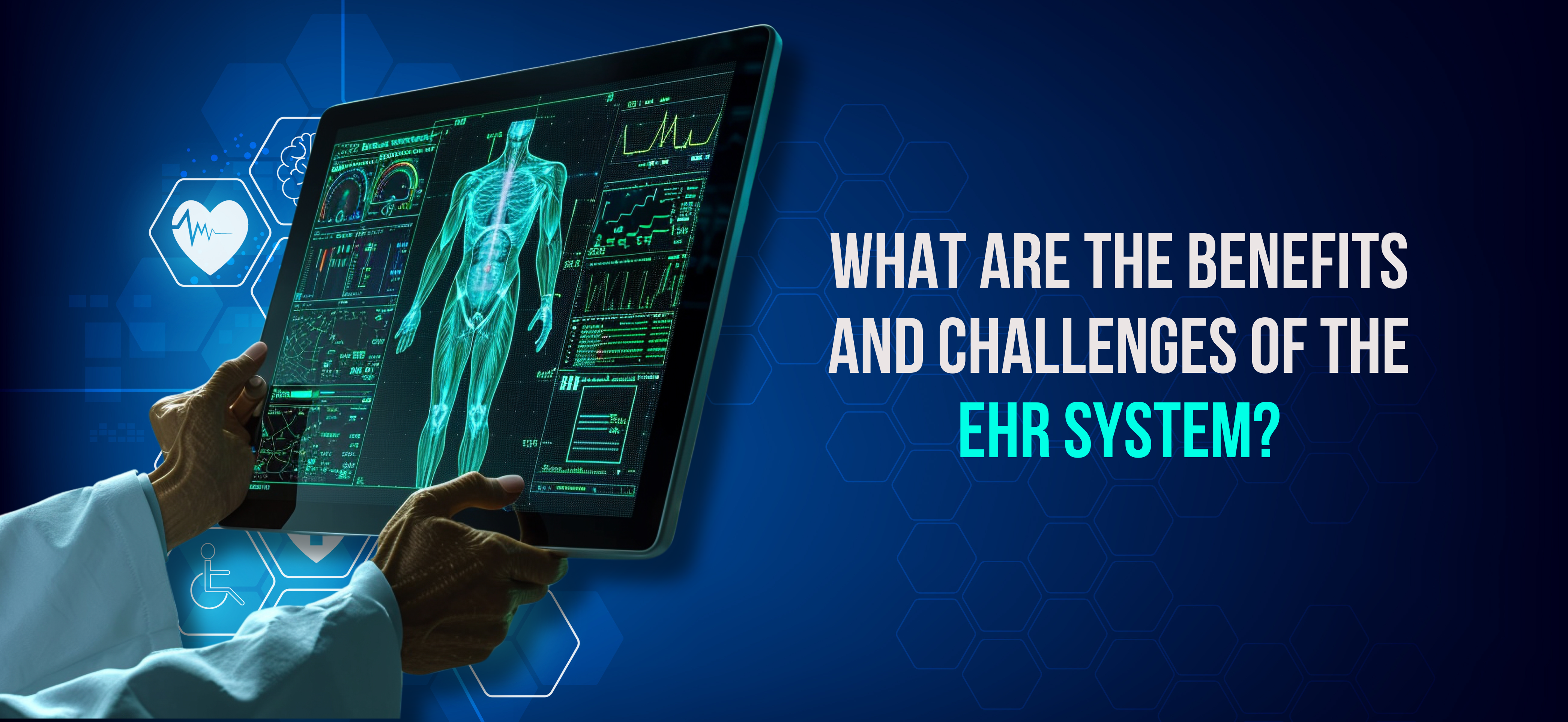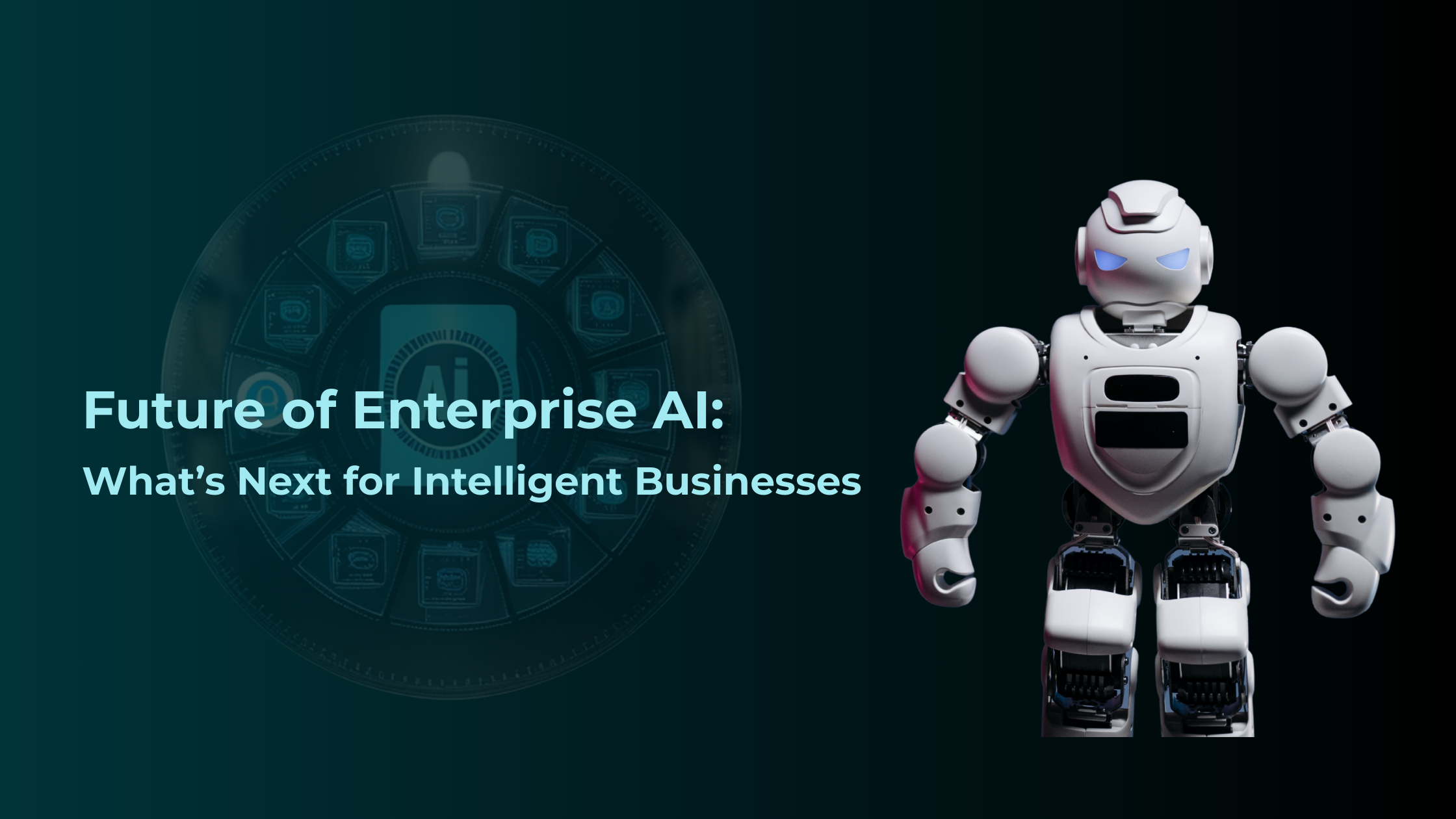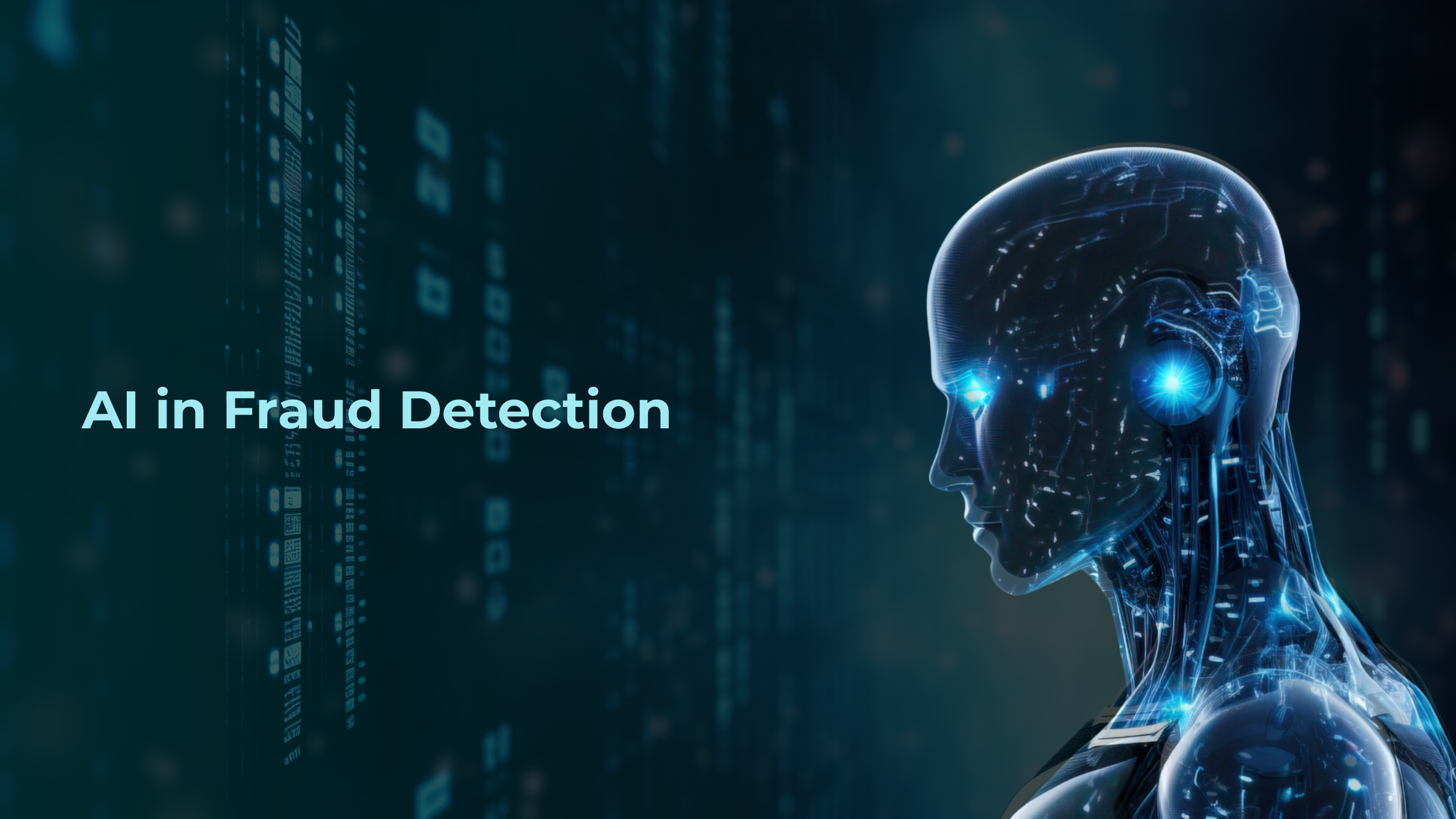In the arena of modern healthcare, the fusion of technology and medical expertise has been a trendsetter, boosting both the efficiency of healthcare organizations and the outcomes for patients. Amidst a sea of innovation, Electronic Health Records (EHRs) have emerged as a pivotal trend, capturing the attention of service providers, patients, and industry experts alike.
The adoption of Electronic Health Records heralds a new era in patient care, offering an untold number of benefits that transcend traditional healthcare delivery methods. EHRs stand out by ensuring patient data is both accurate and comprehensive, encompassing everything from health status and medical history to prescribed medications. This wealth of information at one’s fingertips not only elevates the quality of care but also serves as a critical tool in minimizing medical errors, bolstering patient safety, and streamlining healthcare processes.
EHRs are instrumental in enhancing disease management, educating patients, and realizing cost efficiencies.
Despite initial debates over their usability, Electronic Health Records have witnessed significant growth and a surge in demand in recent times. This growing embrace by the healthcare community signifies EHRs’ transformation into an essential component of medical practice worldwide. Their role in fostering patient engagement and seamless care coordination across various departments underscores their invaluable contribution to the healthcare ecosystem.
As the healthcare sector continues to evolve, the integration of EHRs into hospitals, private practices, and clinics globally is not just a trend but a base in the journey towards a more informed, efficient, and patient-centric healthcare experience.
Internet Soft, a leading software development company in California, offers EHRs with the latest, trending features with ultimate benefits. If you want to have a result-driven Electronic Health Record solution as per your requirement, contact our dedicated development team today.
Supercharge Your Projects with Java Brilliance! Elevate Your Code and Boost Performance
Hire Java Developer Today!
What is an Electronic Health Record (EHR)?
Electronic Health Records (EHRs) are the digital counterparts to the conventional paper charts found in doctor’s offices, encapsulating the critical medical and treatment history of patients. Managed by healthcare providers, EHRs stand out for their ability to deliver patient-centric records in real time. This ensures that vital health information is not only updated instantaneously but also accessed securely by those who are authorized.
The utility of EHRs extends far beyond just record-keeping. They are actively leveraged by both clinical care teams and healthcare administrators to chronicle a wealth of medical data across an individual’s healthcare journey, as well as to streamline clinical operations. EHRs are in-depth, covering everything from basic patient demographics, diagnostic details, and medication lists to progress notes, vital statistics, past medical history, immunizations, lab results, and radiology images.
It’s vital to distinguish EHRs from Personal Health Records (PHRs), which are personally managed and maintained by patients themselves. Unlike PHRs, EHRs are designed to offer a comprehensive view of a patient’s health history, providing a seamless flow of information within a digital healthcare infrastructure. This distinction underscores EHRs’ pivotal role in modernizing healthcare delivery, enhancing patient care, and improving clinical outcomes through efficient information management and sharing.
Benefits of Electronic Health Records (EHR)
- Declining Medical Errors with Electronic Health Records – Medical errors have long been a contentious issue in the healthcare industry, but the adoption of Electronic Health Records (EHR) by AI development company and software development companies in California is set to revolutionize patient safety. EHRs when configured with clinical reference data, serve as vigilant guardians, automatically flagging potential drug interactions, dosage errors, and more. This technological innovation not only enhances patient safety by alerting healthcare professionals to potential concerns but also promises a significant reduction in medical errors in the years to come.
-
Streamlining Operational Costs – Traditional paper-based record-keeping systems demand extensive administrative oversight, from storing files to retrieving them, resulting in increased operational costs. The billing process, often requiring labor-intensive manual input, further compounds these expenses. EHRs step in to automate billing and insurance claims processing, reducing costs significantly. Moreover, EHRs elevate the quality of billing records, making it easier for healthcare providers to understand and rectify errors, ultimately leading to more efficient operations.
-
Unlocking Transparent Health Information – EHRs are the key to unlocking transparent communication and seamless information sharing across various healthcare departments, organizations, administrative staff, and physicians. Access to clinical and diagnostic data becomes effortless, thanks to the online accessibility of Electronic Health Records. However, it’s important to acknowledge that the implementation of EHRs is not without its challenges:

Let us explore the challenges here now.
1. Data Privacy Concerns:
Data privacy is a complex and sensitive issue, especially in the healthcare sector. Different nations have varying laws and regulations governing electronic medical data, making it vulnerable to hacking and security breaches. Safeguarding sensitive information, such as medical histories and biometric data, requires utmost care and attention.
2. Cost of Implementation:
The high cost of deploying EHR systems can be a major hurdle, with significant capital budget investments needed for selection, installation, and optimization. Ongoing hardware, software, staff training and maintenance expenses can further strain smaller healthcare facilities.
3. Accuracy of Data:
EHRs rely on accurate and timely data entry, and any delays or inaccuracies can affect patient care. Technical glitches or inaccessible information can severely impact healthcare services.
4. Interoperability:
Seamless information exchange is crucial for EHRs, as healthcare providers depend on them for patient care. Ensuring interoperability standards are met is essential for effective adoption.
5. Accessibility:
EHRs may face challenges in accessibility, particularly in developing countries and low-budget healthcare facilities. Not everyone may have the necessary technical knowledge or internet access to use these systems, limiting their effectiveness.
6. Data Entry Accuracy:
Care must be taken to ensure the accuracy of data entry, as mistakes can lead to undesirable outcomes, especially in drug administration.
7. Adaptability:
EHR systems are expected to evolve, requiring continuous training for healthcare professionals and users to stay up-to-date with new features and changes.
Internet Soft, an AI development company offers AI/Ml development services for delivering such solutions, which are helpful to healthcare professionals and Industry. To know more about our services, call us now.
Conclusion
While Electronic Health Records offer numerous benefits, addressing these challenges is crucial to realizing their full potential in revolutionizing the healthcare industry. AI and software development companies in California, like Internet Soft, play a pivotal role in overcoming these obstacles and driving innovation in healthcare technology.
Visit Internet Soft for the latest tech trends and insights around AI, ML, Blockchain, along with NeoBanking and timely updates from industry professionals!
Need assistance or have questions? Reach out us at sales@internetsoft.com.
ABOUT THE AUTHOR

Abhishek Bhosale
COO, Internet Soft
Abhishek is a dynamic Chief Operations Officer with a proven track record of optimizing business processes and driving operational excellence. With a passion for strategic planning and a keen eye for efficiency, Abhishek has successfully led teams to deliver exceptional results in AI, ML, core Banking and Blockchain projects. His expertise lies in streamlining operations and fostering innovation for sustainable growth








